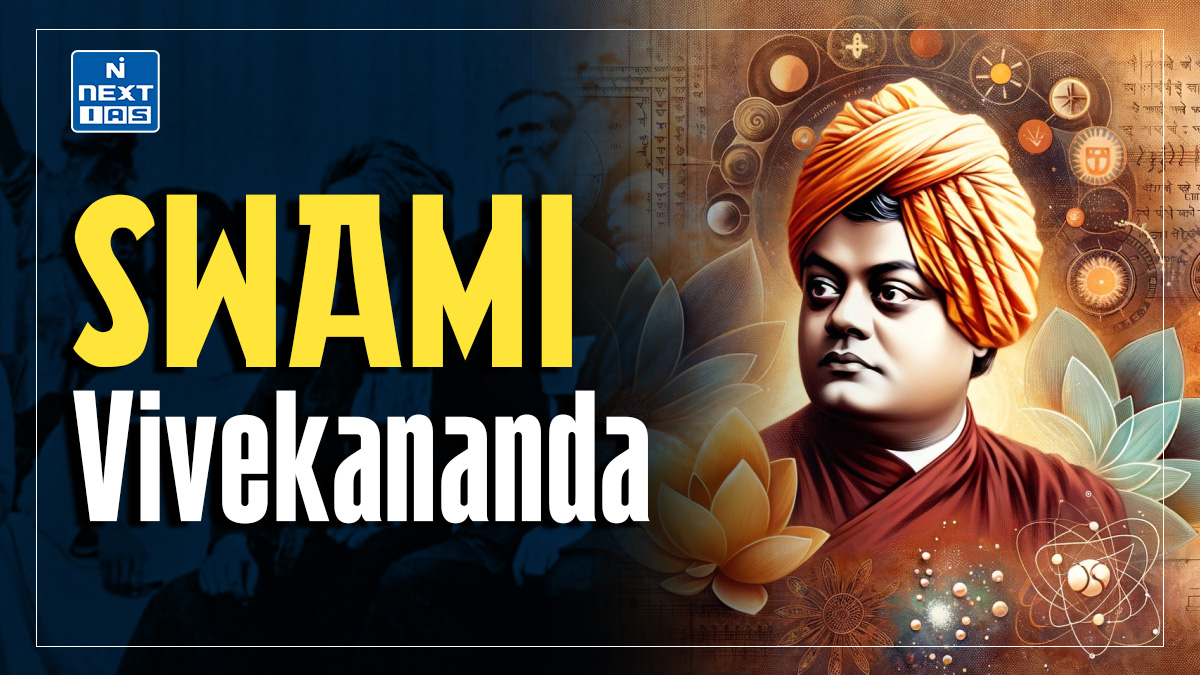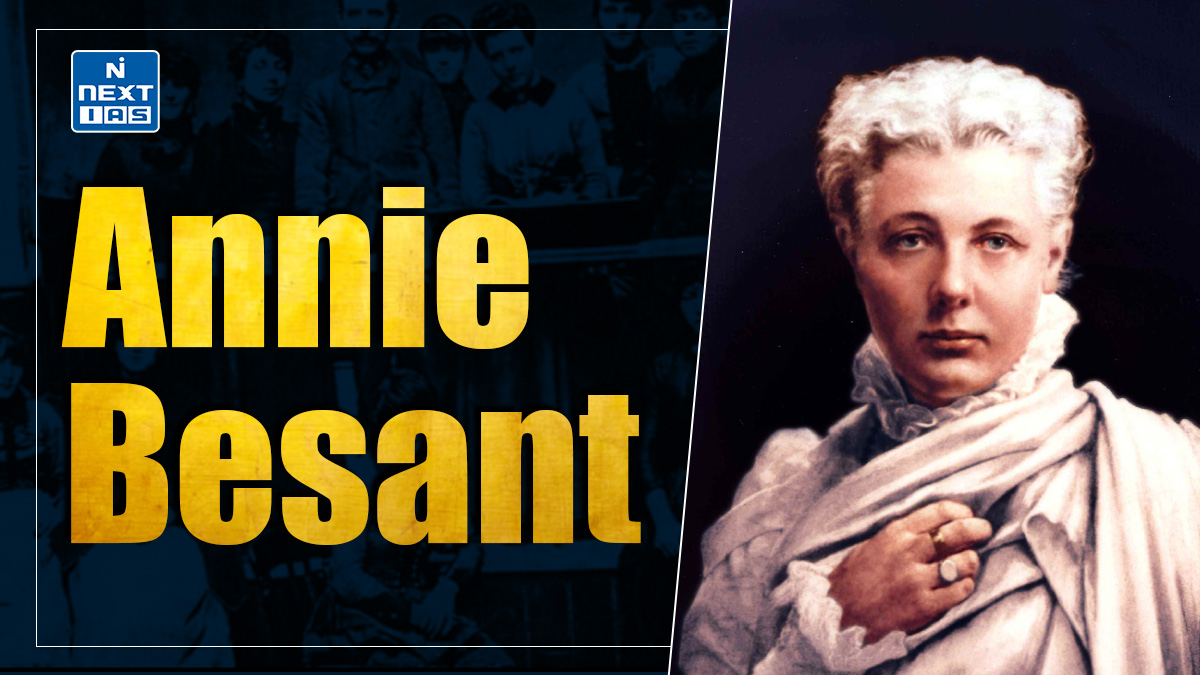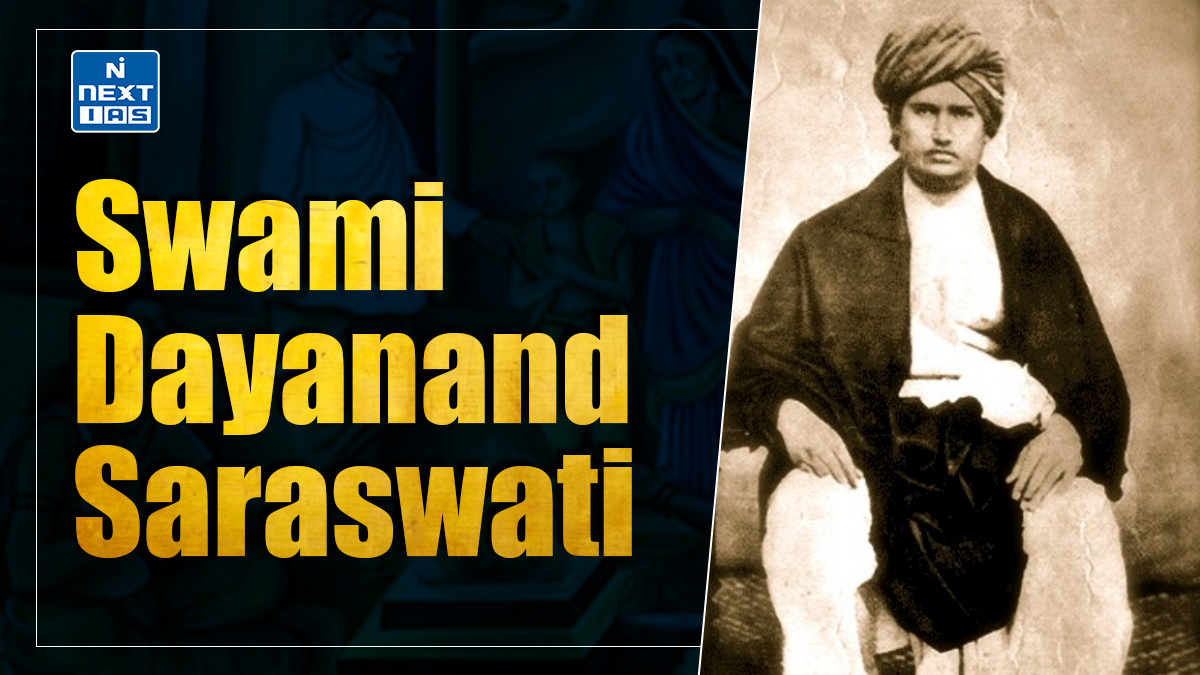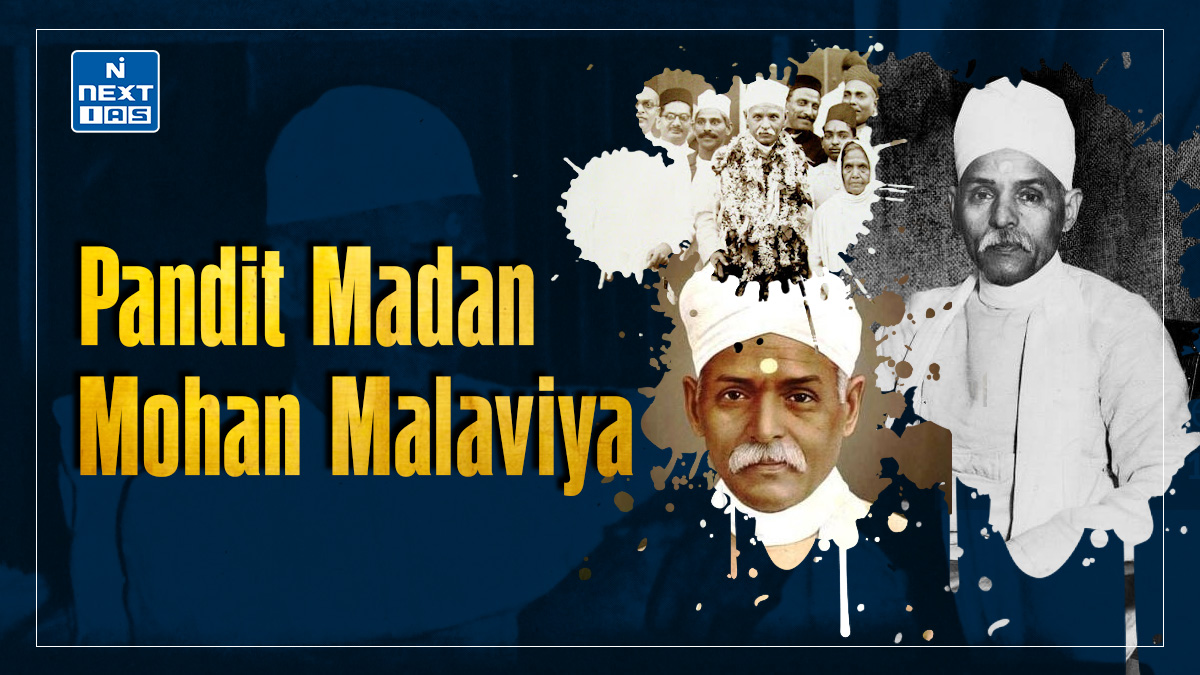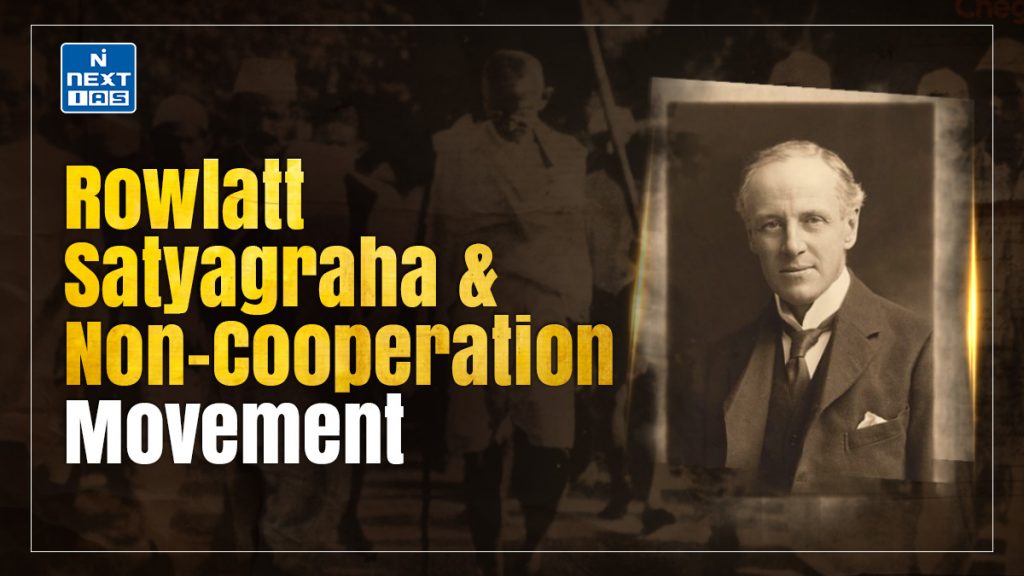
The Rowlatt Satyagraha (1919) and Non-Cooperation Movement (1920-1922) were pivotal campaigns led by Mahatma Gandhi against British rule in India. These movements united Indians across social and economic divides, fostering a spirit of collective struggle and establishing Gandhi’s role in leading the freedom movement. This article aims to study in detail the origins, methods, and impact of the Rowlatt Satyagraha and Non-Cooperation Movement on India’s fight for freedom.
About Rowlatt Satyagraha and Non-Cooperation Movement
- The Rowlatt Satyagraha and Jallianwala Bagh Massacre were watershed moments in India’s struggle for independence.
- They underscored the colonial government’s disregard for civil liberties and the brutal methods used to curb nationalist sentiments.
- Led by Mahatma Gandhi, the Rowlatt Satyagraha marked Gandhi’s first major all-India political action aimed at resisting the draconian Rowlatt Act of 1919.
- The tragic events at Jallianwala Bagh soon after intensified Indian resentment against British rule and galvanised the freedom movement like never before.
Need for Rowlatt Act and Satyagraha
- After the First World War, the Montagu-Chelmsford Reforms raised hopes for constitutional reforms.
- However, the Rowlatt Committee recommended repressive legislation to curtail civil liberties, which was seen as a betrayal.
- The Rowlatt Act, officially known as the Anarchical and Revolutionary Crimes Act (1919), granted the government extensive powers to curb political activities and imprison individuals without trial for up to two years.
- It effectively suspended the Right to Habeas Corpus, provoking widespread opposition among Indian leaders.
- Gandhi opposed the act, describing it as reflecting a “distrust of the common man.”
- Drawing from his successful campaigns in Champaran, Kheda, and Ahmedabad, he initiated a Satyagraha, or nonviolent resistance, pledging to defy the act and similar unjust laws.
Rowlatt Act 1919
- The Rowlatt Act of 1919, officially known as the Anarchical and Revolutionary Crimes Act, was a draconian law passed by the British government in India to curb revolutionary activities.
- The Rowlatt Act of 1919 empowered authorities to arrest and detain individuals without trial, curtail press freedom, and conduct searches without warrants, bypassing ordinary judicial procedures.
- The Rowlatt Act of 1919, seen as a betrayal following India’s contributions to World War I, ignited widespread protests, including the infamous Jallianwala Bagh massacre, where British troops brutally killed peaceful protesters.
- The Rowlatt Act of 1919, symbolised the oppressive colonial regime and fueled the Indian independence movement under leaders like Mahatma Gandhi.
Formation of Satyagraha Sabha
- In March 1919, Gandhi and his associates formed the Satyagraha Sabha in Bombay to rally support against the Rowlatt Act.
- The Sabha received substantial support from the Home Rule leagues, attracting many young activists.
- On April 6, 1919, a nationwide hartal (strike) was organised, with shops closed and rallies held in several cities.
- Workers went on strike in railway workshops, and large demonstrations were held.
- Unfortunately, these protests often led to violence, especially following Gandhi’s arrest on April 9.
Jallianwala Bagh Massacre
- On April 13, 1919, the festival of Baisakhi, a large, peaceful gathering, took place at Jallianwala Bagh in Amritsar to protest the arrest of two prominent leaders, Dr. Saifuddin Kitchlu and Dr. Satyapal.
- In an unprecedented display of cruelty, General Dyer ordered his troops to open fire on the unarmed crowd, killing at least 379 people and injuring thousands.
- Jallianwala Bagh Massacre horrified the nation, leading Rabindranath Tagore to renounce his knighthood and Gandhi to return his Kaiser-i-Hind medal.
- Montagu, the British Secretary of State for India, famously described the massacre as “Preventive Murder.”
Key Aspects of Rowlatt Satyagraha and Jallianwala Bagh Tragedy
- Rowlatt Act: The Rowlatt Act, based on the recommendations of the “Sedition Committee,” provided the British government sweeping powers to suppress civil liberties.
- Political Shift: Gandhi’s Rowlatt Satyagraha was his first foray into national-level politics, marking a shift towards mass mobilisation.
- Widespread Support: The Satyagraha saw participation from a wide cross-section of society, with significant involvement from members of the Home Rule leagues.
- Brutal Response: The Jallianwala Bagh massacre was marked by senseless brutality, leading prominent leaders to renounce British titles in protest.
Analysis of Rowlatt Satyagraha and Non-Cooperation Movement
- Though the Rowlatt Satyagraha did not achieve its primary objective, it marked the beginning of the “politics of the masses” in India, introducing a new level of popular involvement in the nationalist movement.
- The brutal events of Jallianwala Bagh revealed the extent of British repression, sparking a wave of resentment that would propel India’s freedom struggle forward.
- Jallianwala Bagh Massacre exposed the cruelty of British rule to a global audience, attracting international criticism and further uniting Indians in their demand for independence.
Conclusion
The Rowlatt Satyagraha and the Jallianwala Bagh massacre were pivotal moments in India’s path to independence, shifting the nature of resistance from elite-led petitions to mass-based civil disobedience. The widespread outrage and heartbreak following Jallianwala Bagh transformed the nationalist movement, forging a collective resolve against British oppression. These events underscored the harsh realities of colonial rule and laid the groundwork for future, more organised resistance, making them a significant chapter in India’s quest for freedom.
Frequently Asked Questions (FAQs)
What was the Rowlatt Act?
The Rowlatt Act, passed in 1919, allowed the British government in India to arrest and detain individuals without trial, restrict press freedom, and conduct warrantless searches, aiming to suppress revolutionary activities.
Why were Indians outraged by the Rowlatt Act?
Indians were outraged by the Rowlatt Act as it curtailed civil liberties, allowed detention without trial, and was seen as a betrayal of the promised reforms after World War I. It highlighted the oppressive nature of British rule, sparking widespread protests.

